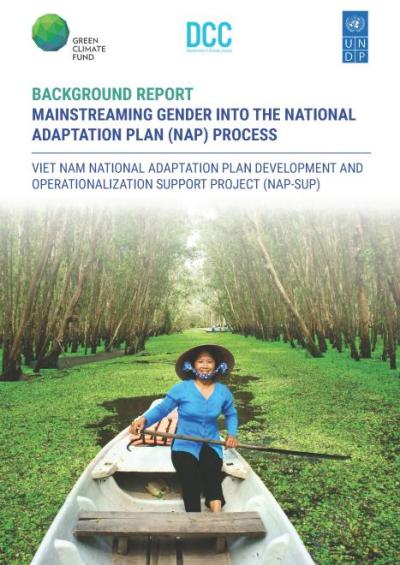
According to recent research, climate change causes more negative effects on certain groups of women owing to differences in terms of education, health, employment, access to and control of natural and financial resources, opportunities to participate in policy and decision-making processes, and division of labour. Climate impacts can reduce livelihood opportunities for women, coinciding with the risk of reinforcing inequalities. In addition, the role of women has not been properly recognized in climate action. Traditionally, women have been often considered as ‘’victims’’ of climate impacts instead of “positive change-makers”. However, they have been making crucial contributions to the implementation of climate actions and they have the capacity to act and recover from shock and disasters. Nevertheless, the extent of their resilience will similarly depend on the social, economic and governance capacity and structures at different levels. In this context, the United Nations Development Programme (UNDP) and the Ministry of Natural Resources and Environment collaborated on the research and are honoured to introduce this report on Mainstreaming Gender into the National Adaptation Plan Process, conducted under the framework of the NAP Development and Operationalization Support Project.
